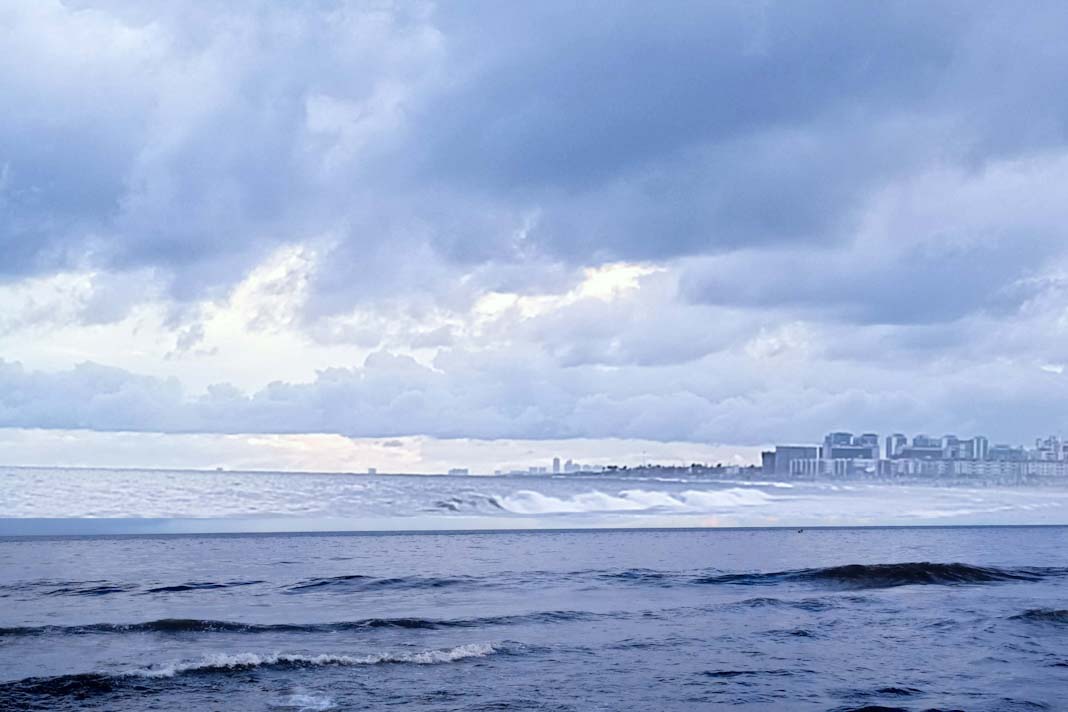Cargill today revealed exciting results of the six-month test period of the Pyxis Ocean, underscoring the potential for wind-assisted propulsion technology in moving the shipping industry toward renewable energy use. The MC Shipping Kamsarmax vessel retrofitted with two WindWings® -large solid wind sails developed by BAR Technologies – – has achieved performance consistent with what was predicted which is equivalent to an average of 3 tonnes of fuel per day, reports Business Wire.
Wind assisted propulsion
The Pyxis Ocean hit open waters in August 2023 and during the first six months of testing, it has sailed the Indian Ocean, Pacific Ocean, North and South Atlantic, and passed Cape Horn and the Cape of Good Hope. The ship was retrofitted with two WindWings®, which measure 37.5 meters in height and resemble large airplane wings. The wings are installed vertically to catch the wind and propel the ship forward, allowing the ship’s engine to be turned down so that the ship can travel at the same speed as a conventional ship using less fuel. The wings are controlled by a touch panel on the bridge. A simple traffic light system tells the crew when to raise or lower the sails. Once raised, the operation is fully automated: sensors onboard constantly measure the wind, and the sails self-adjust to the optimal configuration.
Wind-assisted propulsion has the potential to be a cost-efficient way of supporting the International Maritime Organization’s (IMO) new greenhouse gas strategy. One of the IMO 2030 targets is to have 5 percent, striving for 10 percent, of energy, coming from very low carbon sources by 2030: wind-assisted propulsion could be an important way of achieving this.
The early voyages have provided insight into more than just the application of the sails on a vessel, it has also highlighted broader logistical challenges in the global maritime system. Given that every port, terminal, and berth is different, their involvement is critical for integrating Wind Assisted Propulsion (WAP) technology into the global maritime system on a wider scale.
Cargill will continue the testing and experimenting of operational, technical, and commercial aspects of the Pyxis Ocean to incorporate the maximum amount of learning into the potential design of future installations before scaling up.
Did you subscribe to our daily Newsletter?
It’s Free! Click here to Subscribe
Source: Business Wire






















